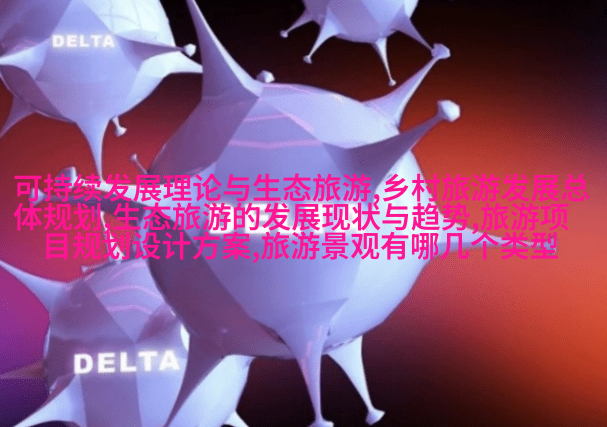地下水净化设备如何确保每一滴清澈
什么是地下水净化设备?

Underground water purification equipment refers to the machines and systems designed to remove impurities, contaminants, and other substances from underground water sources. The purpose of these devices is to make the water safe for consumption by removing harmful substances that may be present in the groundwater.
为什么需要地下水净化设备?

Groundwater is an essential source of fresh water for many people around the world. However, due to human activities such as industrial processes, agricultural runoff, and sewage disposal, groundwater can become contaminated with pollutants like heavy metals, bacteria, viruses, and chemicals. This contamination poses a significant threat to public health and requires effective solutions like underground water purification equipment.
如何选择合适的地下水净化设备?

Selecting suitable underground water purification equipment depends on several factors including the type of contaminants present in the groundwater source and its level of concentration. Common types of purifiers include reverse osmosis (RO) systems which use semipermeable membranes to filter out impurities; activated carbon filters which absorb organic compounds; ultraviolet (UV) light disinfection systems that kill bacteria and viruses; distillation units that vaporize contaminated liquid into steam which then condenses back into pure liquid; ion exchange systems used primarily for removing dissolved solids such as sodium chloride or calcium carbonate; biological filtration methods using plants or microorganisms to break down organic matter.
如何安装和维护地下水净化设备?

Proper installation is crucial for efficient operation of underground water purification equipment. It should be done by trained professionals who understand local regulations regarding plumbing codes and building standards since improper installation could lead to leaks or damage within your home's infrastructure.
Maintenance tasks include regularly checking filters for signs of wear or clogging so they can be replaced if necessary before they cause problems with flow rate performance efficiency levels are reduced significantly when a filter becomes dirty enough not only does this reduce effectiveness but also increases energy consumption leading potentially high utility bills over time without proper maintenance most people cannot realize full potential benefits offered by their chosen system resulting lower overall satisfaction rates among users

使用哪些技术来监控和优化系统性能?
Monitoring technology plays a vital role in ensuring optimal functioning performance monitoring involves tracking parameters such as flow rate pressure temperature conductivity pH value turbidity TDS content bacterial counts virus presence etc Regular monitoring helps identify any issues early preventing costly repairs downtime while optimizing system settings further improves efficiency reducing power consumption increasing lifespan improving user satisfaction through better quality output
地下水净化设备对环境影响有哪些长远考虑?
Long-term environmental impact considerations are critical when evaluating different types ground-based purifying technologies some methods have minimal footprint leaving no hazardous waste behind others might require additional resources consume more energy generate greenhouse gases during manufacturing transportation usage phase-out process at end-of-life disposal contribute pollution emissions release chemicals leachants affecting soil air & aquatic ecosystems long-term thinking must guide selection decisions towards eco-friendly sustainable options minimizing negative consequences maximizing positive outcomes
7 结论
In conclusion selecting installing maintaining optimizing performance monitoring managing environmental impact all play important roles in utilizing ground-based purification technology effectively efficiently ensuring clean drinking supply remains accessible reliable throughout generations future-proofing our planet's lifeblood – H2O



